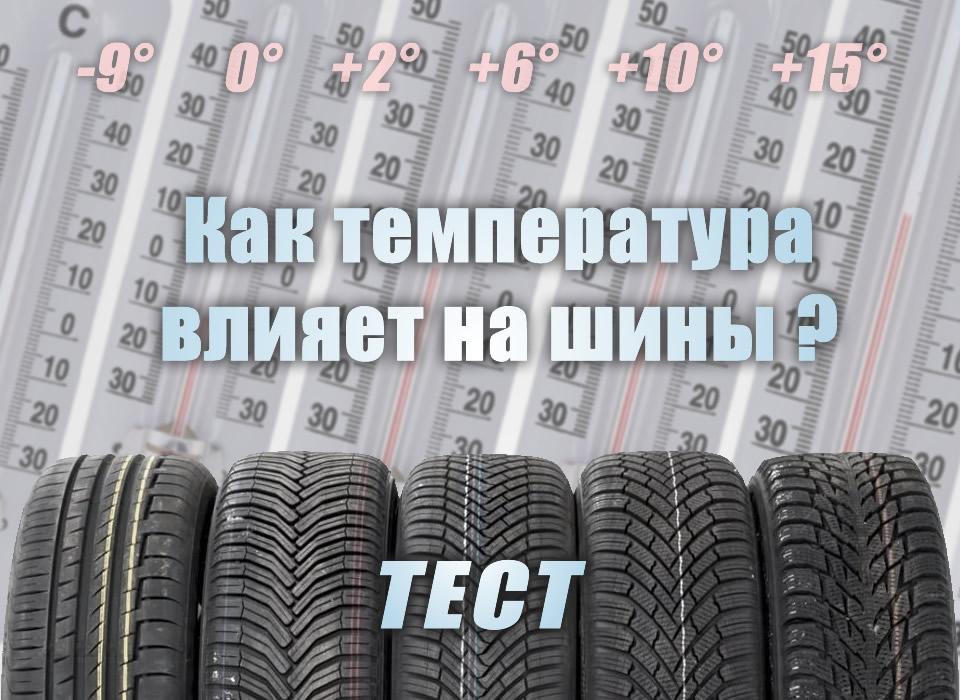
ADAC has conducted winter testing of all-season tires. What did he show?
 Will all-season tires perform in winter conditions? This was appreciated by experts from the German automobile club ADAC, who tested seven tire models in various conditions.
Will all-season tires perform in winter conditions? This was appreciated by experts from the German automobile club ADAC, who tested seven tire models in various conditions.
An all-season tire, as the name implies, is designed to be used both in summer conditions, in hot weather, on dry or wet surfaces, and in winter, when there is snow on the road and the mercury column in the thermometer drops below zero. This is a big problem because you need to use the right tread and compound that works well over a wide range of temperatures.
Miracles do not happen
Experts say that tires designed for specific weather conditions will always be better than universal ones. Why? A soft winter tire compound rich in silica performs well in cold weather and provides better traction in cold weather. In addition, winter tires have a large number of so-called sipes, i.e. cutouts for improved grip on snow. In all-season tires, their number should be less to avoid excessive deformation of the tread blocks at high speeds when driving on dry, heated asphalt.
Why, then, do manufacturers launch all-season tires on the market? The basis for the decision to choose them (instead of two sets: summer and winter) in most cases is a financial argument, or rather, savings as a result of the possibility of avoiding seasonal tire changes.
“All-season tires, although they allow you to save a little, are focused on a rather small group of drivers. Basically, these are people who travel little, i.e. several thousand kilometers a year, move mainly in the city and have cars with a low-power engine,” explains Lukas Bazarewicz from AlejaOpon.pl.
The editors recommend:
Korean News Premieres
Land Rover. Model overview
Diesel engines. This manufacturer wants to get away from them
“All-season tires are faced with the unrealistic task of combining optimal properties in extremely diverse conditions, and this is impossible. At low temperatures, all-season tires will not provide the same traction as winter tires, and on dry and hot surfaces they will not brake as effectively as summer tires. In addition, the soft rubber compound wears out faster in summer, and the sipe tread creates more noise and rolling resistance. Therefore, all-season tires will never be able to provide safety at the level of tires designed for a specific season,” Motointegrator.pl experts say.
According to them, the only benefit of using all-season tires that translates into safety is that the driver is better prepared for sudden changes in weather conditions and unexpected snowfall.

